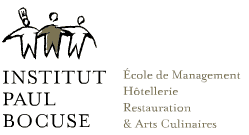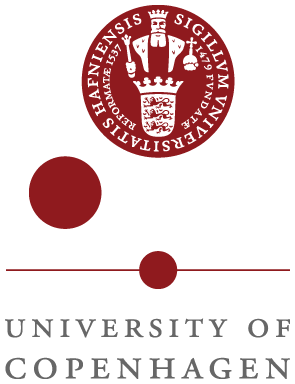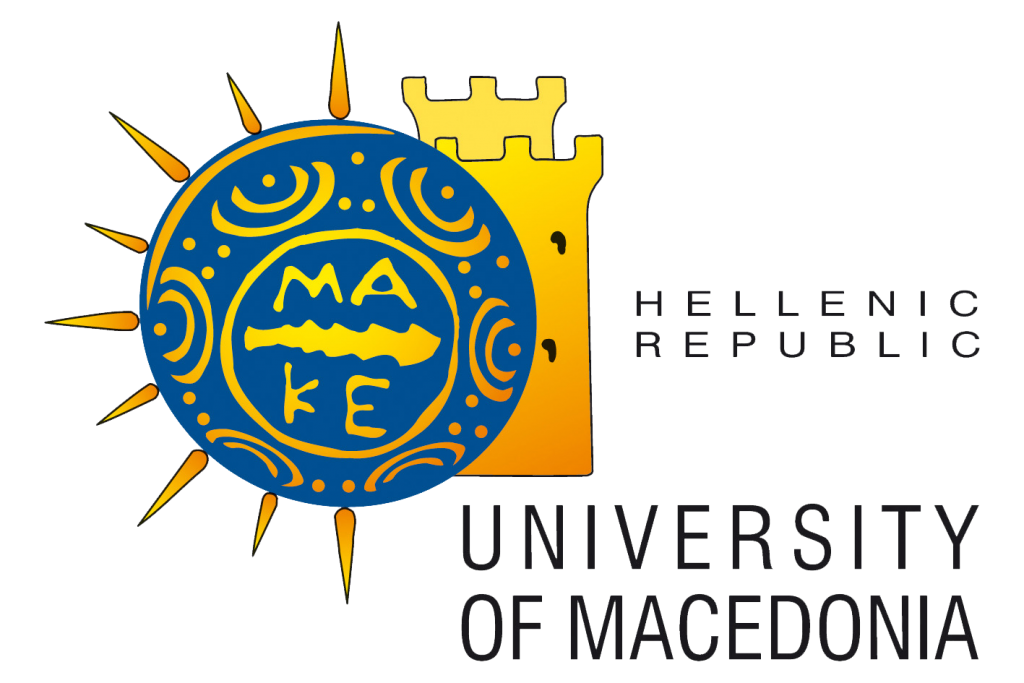
Bournemouth University
Bournemouth University (BU) is a modern and innovative institution with six distinctive Schools and over 16,000 students with a significant proportion of international students from around 120 countries. BU has maintained its position as one of the UK’s leading ‘new’ universities for many years. The main applicants are based in the School of Tourism (ST), School of Health and Social Care (HSC) and School of Design, Engineering and Computing (DEC) and therefore represent pan university expertise and disciplines. Within the School of Tourism, the research work most relevant to this proposal is carried out in the Foodservice and Applied Nutrition Research Group which is the leader of this project. Other research centres involved are the Health and Wellbeing community (HSC) and the Psychology Research Group (DEC). The expertise of these centres is relevant to the project and spans the domains of public sector foodservice, health promotion, psychology and consumer studies.
Bournemouth University has a long and successful track record of working in partnership with business and industry to deliver and support knowledge transfer.

Institute Paul Bocuse (IPB)
Founded in 1990, the Institut Paul Bocuse trains the professionals of tomorrow for Hotel, Restaurant and Culinary Arts careers. This prestigious institute offers a unique blend of refined tradition, contemporary quality and cutting-edge innovation. It teaches time-honoured techniques and modern management skills to meet the current and future needs of the foodservice and the hospitality industry around the world. The research centre examines the fundamental concepts that are central to the Hotel, Restaurant and Culinary Arts professions and identifies new paths through multidisciplinary scientific research. The Institut Paul Bocuse Research Centre focuses on the relationship between people and food. This resolutely humanist approach underpins three fundamental areas of research: (i) The pleasure of meals, tasting and dining as an “art de vivre”, service, welcome and hospitality are all part of creating a memorable quality experience, (ii) Health and nutritional balance, physiological and psychological well-being for the different actors who contribute to this experience, (iii) Organization, management, marketing and business models with an individual and entrepreneurial scale.
The research facility of the Institut Paul Bocuse Research centre provides a unique setting allowing testing for actual eating situations. The heart of the Research Centre is a fully modular experimental platform that provides a unique combination of flexibility and innovation. It includes a restaurant and a state-of-the-art kitchen with high-tech equipment, including high-yield preparation materials. The experimental restaurant is designed to replicate actual consumption conditions. Both the floor and ceiling of the restaurant are modular to adapt to different equipment configurations, allowing for the construction of different eating contexts. The research team is thus able to create every type of restaurant environment: traditional, collective, brasserie, cafeteria. This includes changes in the ambiance and décor with adjustable temperature, sound system, visual environment, lighting, etc. Behavioural studies are made possible by the presence of both portable and table-top cameras and microphones which are used to record activity in the restaurant dining room and in the kitchen. These tools will be mobilised in the context of the project, in order to illustrate in a concrete manner the methods and challenges evoked in the course.

University of Copenhagen
UCPH-FOOD
The University of Copenhagen (UCPH) has about 40.000 students and 9.000 employees; it is one of biggest research and educational institutions in the Nordic countries. The goal of UCPH is to be recognised for a high level of research, to offer research based educations at the highest academic level, and to communicate knowledge to the scientific community as well as to the community.
The Department of Food Science (FOOD-UCPH) is ranked among the top research and educational institutions in food science in Europe. The Department of Food Science at University of Copenhagen is part of the Faculty of Life Sciences. It is divided in six sections covering the whole food chain, from production to consumption. The department has a staff of 180 and research facilities including analytical laboratories, pilot plants and a newly established food innovation laboratory for studies on culinary meal preparations. The Section for Sensory and Consumer Science has a high international standing in research on sensory perception of foods, neurophysiology, food memory and preference learning across the life-span. The Sensory and Consumer Science Section at FOOD-UCPH consists of 20 people (researchers, laboratory staff, and secretaries). The Section performs research at the intersection between foods and people with the focus on sensory perception, acceptance and choice behaviour. Current research addresses sensory aspects of health and well-being in children, the elderly and malnourished persons. Research infrastructure includes laboratories and expertise for a range of sensory product evaluations including (fast) product profiling, sensory meal design and large scale consumer studies, as well as preference tests, school interventions and cross-cultural comparisons. The Section has a sensory evaluation laboratory, an electrophysiology unit (brain scanning), an observation lab equipped with CCTV unit and Noldus Observer XT ® software. The section also runs a “Taste and Smell” unit for fundamental and applied studies into perception, affective programming and intake behaviour. The unit combines controlled taste/odour delivery devices with brain scanning (EEG) and other electrophysiological analysis
Ronge & Partner
Ronge & Partner GmbH has grown to be one of the largest specialists within food supply in the field of health caterers and care as a consulting company in the culinary field. We predominantly serve customers in the context of Austrian public catering (80%), restaurants and hospitality as well as professional food production. In addition to that Ronge & Partner has gained long-standing, extensive capabilities in the field of technical kitchen design including the organisational parts with its subsidiary – the engineering department Stria – which is Austria´s most renowned kitchen design business. The engineering department Stria as well as Ronge & Partner has international references in the hotel sector, but also in the field of restaurants and public sector catering.
The managing director and owner of Ronge & Partner GmbH – Manfred Ronge – has more than 30 years of experience in the catering and food production sector. Before establishing Ronge & Partner, M. Ronge was managing director of Austria´s largest catering company with more than 150 individual businesses and the daily delivery for over 80,000 people from different segments, such as children, business, health and social services as well as seniors.

University of Macedonia
In its sixth decade of operation, the University of Macedonia is a modern state Higher Education institution, renowned for the ambience of quality, freedom, democracy, meritocracy and individual development it provides to all its members: students, Academic and Research Staff and university employees. The University of Macedonia of Economic and Social Sciences, established by Government decree No 147 of April 10 1990, has a history as an institution. It was at first formed under the name of “The Graduate School of Industrial Studies of Thessaloniki” in 1948, but it first functioned during the academic year 1957-58. In 1958 it was renamed “Graduate Industrial School of Thessaloniki” and from 1971/72 it was divided into two Departments: Department of Economics and Department of Business Administration.
